I always love to share a new resource. When I stumbled upon the fish collection at the University of Washington I became extremely jealous. Don’t get me wrong … my undergraduate school had many other amazing attributes that were gems for studying fish (being situated next to an ocean in the middle of the pine barrens to start, great internships, Rudy Ardnt …).
Check it out! Learn about the fish collection catalog compiled by the University of Washington’s School of Aquatic & Fishery Sciences. It is great to see so many passionate young scientists keeping this aquatic library ‘afloat’.

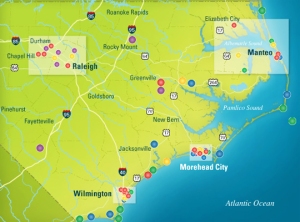
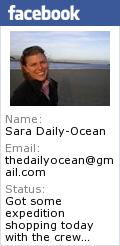

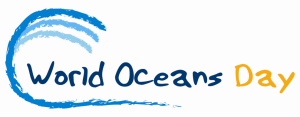


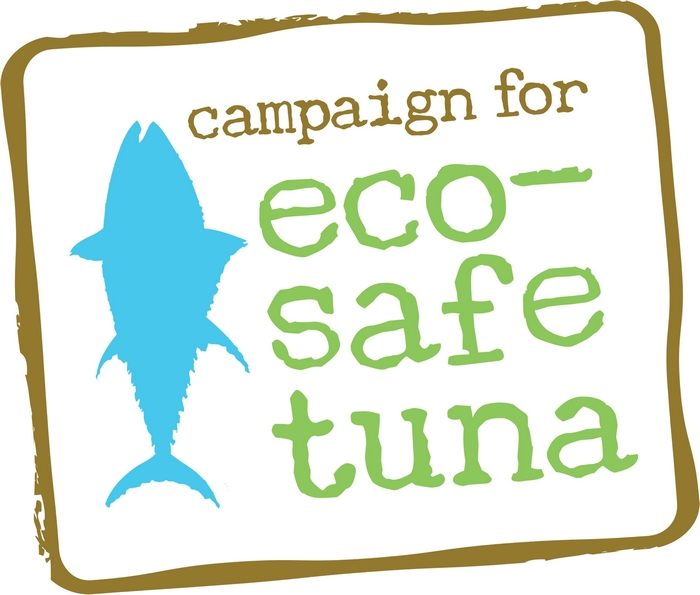


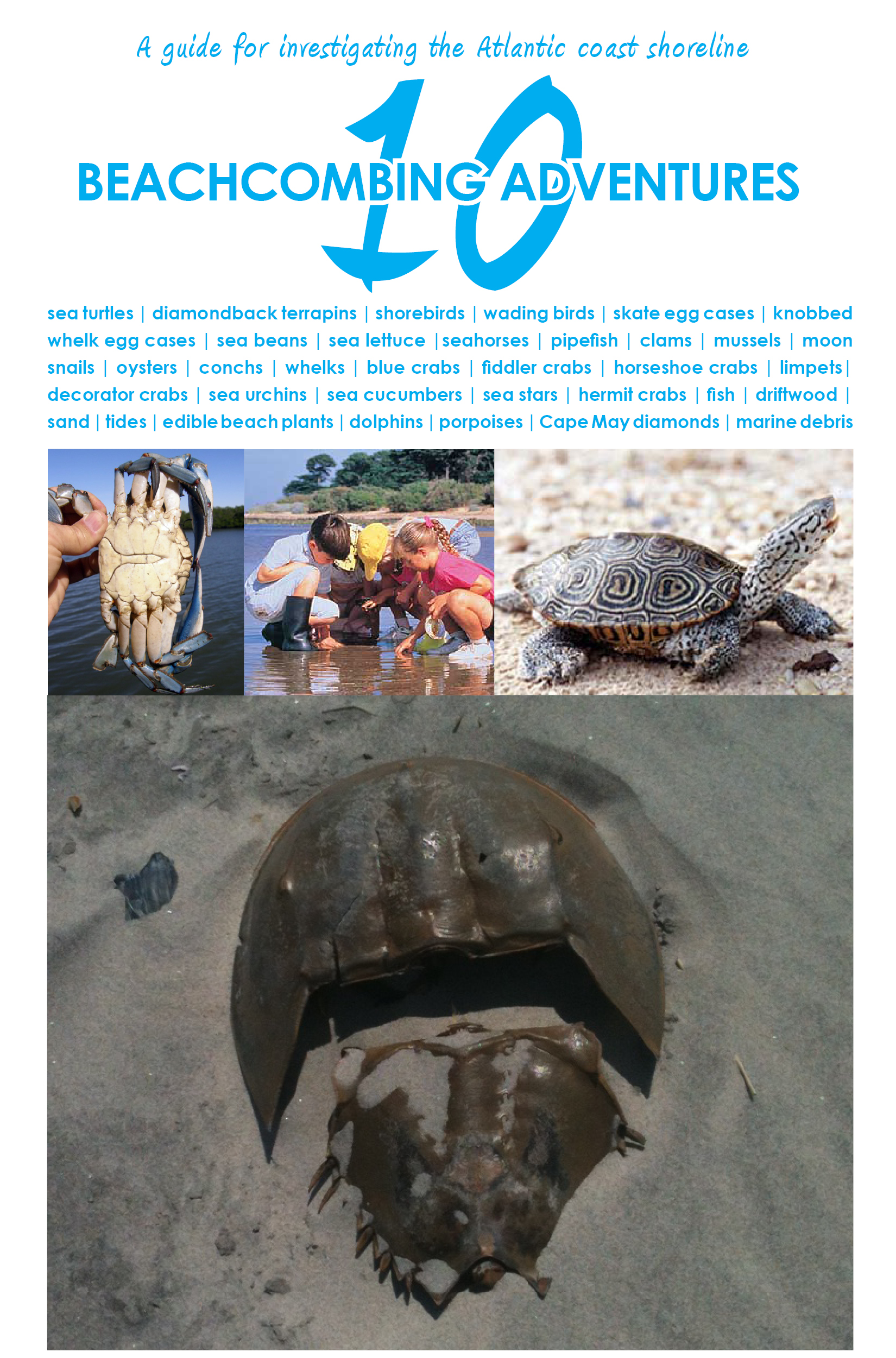
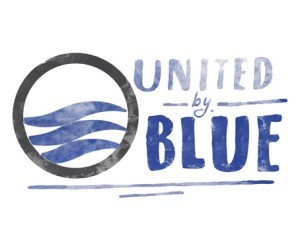
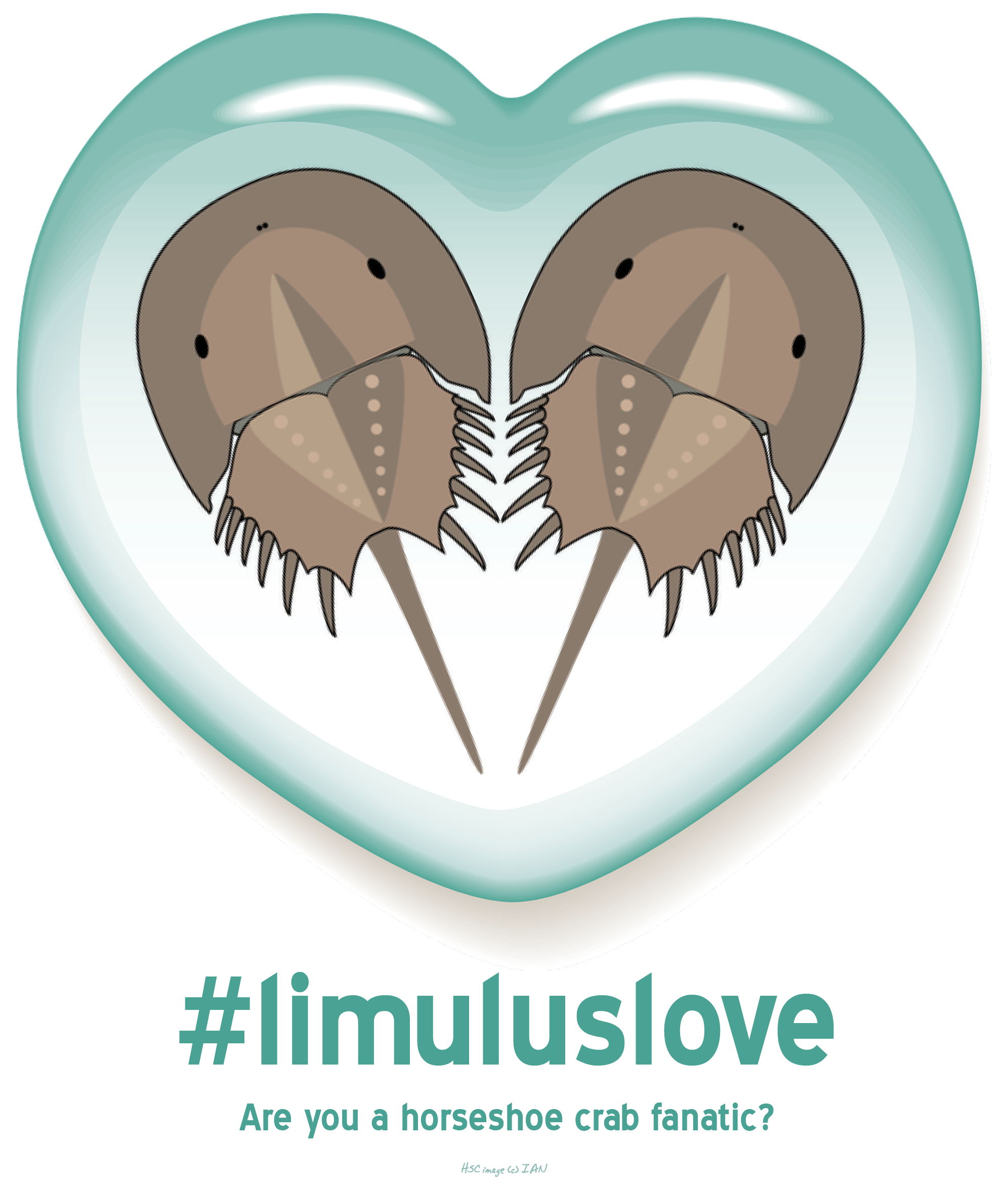
What people are saying …